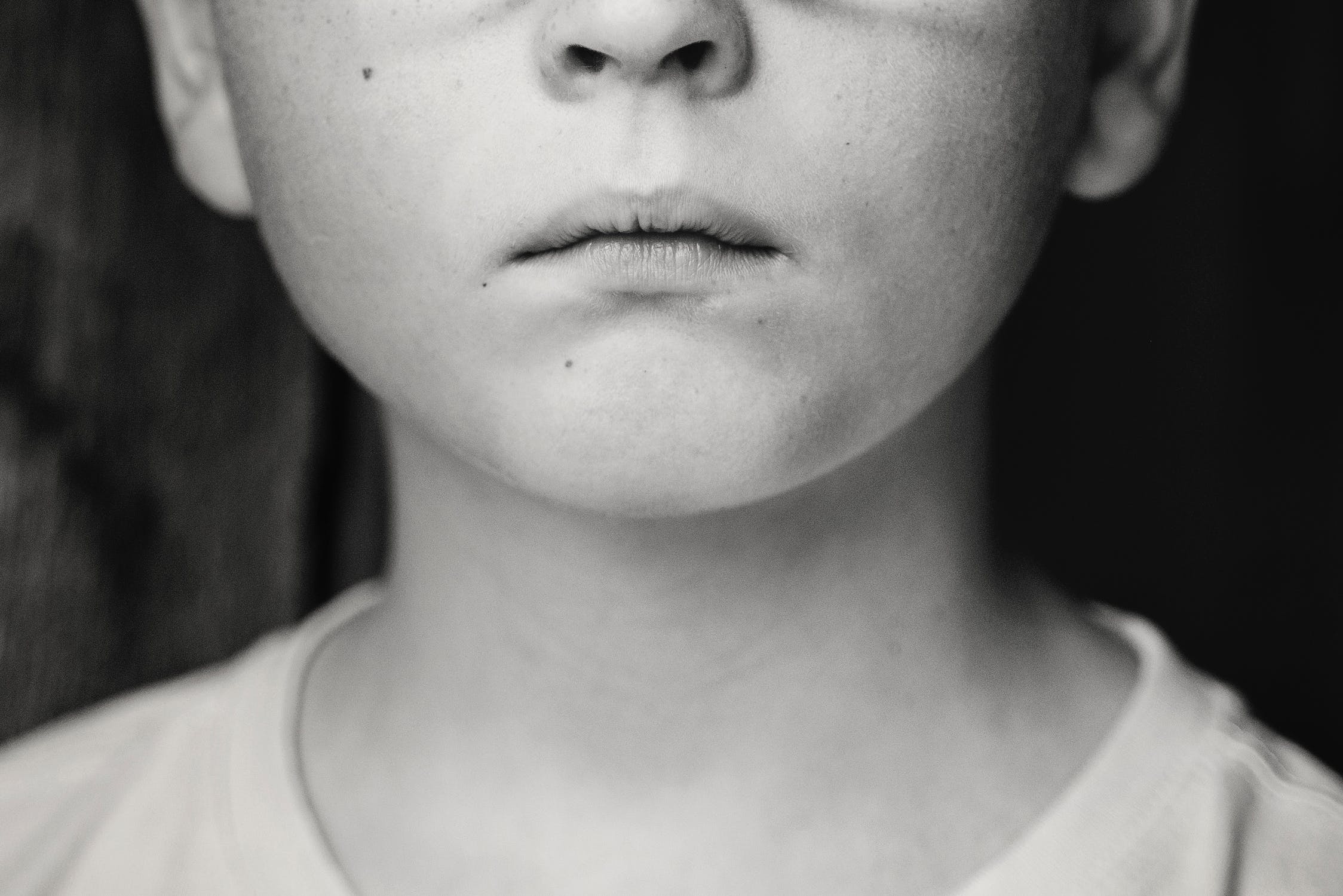
During the teen years, children go through so many emotional changes. Their views of the world and their place in it drastically evolve from childhood to adolescence. Witnessing trauma during these crucial stages in mental and emotional development can cause a range of issues in teens. Teenagers who are traumatized may lash out, engage in destructive behaviors, and start using drugs or alcohol to numb their pain. For loved ones of teens, supporting them and finding resources that can help them cope with trauma in healthy ways is crucial.
What is Trauma?
Trauma is an emotional scar that results from either witnessing violence or being a victim of it. Tragically, up to five million children and teens in the U.S. experience a traumatic event each year. Staggeringly, sexual violence will affect a quarter of all children who are ever born by the time they turn 18. The majority of cases are not reported, with an estimated 86% of sexual attacks and 65% of physical assaults on teens left unsaid.
Trauma leaves behind deep pain, shame, and guilt. While many cases aren’t reported, the symptoms of trauma are felt by the victims and their loved ones. Teens who have a sudden change in their emotional state or behavior may be victims of trauma. It is difficult for adults to ask for help, and for teens, it may be even harder.
What are the Different Types of Trauma Teens Often Experience?
Trauma is divided into two distinct categories: acute and chronic.
What Can Happen to Teens Who Experience Trauma?
A teenager who experiences trauma and does not get treatment for the experience is far more likely to take risks and engage in unsafe behavior. Girls who are victims of trauma are more likely to become pregnant as teens and engage in risky sexual behavior. Running away from home, truancy, and substance abuse are also common in traumatized teens. Trauma can also trigger mental health disorders, mainly PTSD. An estimated 20 million children struggle with PTSD symptoms.
Adults have a difficult time coping with trauma and processing the painful emotions that such experiences cause. But for teens, they do not have the emotional experiences or cognitive capabilities to process trauma effectively, without outside intervention. While many teenage victims of trauma will lash out and exhibit behavioral problems, others will have different symptoms. Sleep issues, social withdrawal, and difficulties concentrating in school are common. These issues can severely impact a teen’s ability to secure their future after leaving high school.

Also, intense emotional outbursts that appear inappropriate for the situation are common in traumatized teens. Some may turn their pain inward, become depressed, and abuse alcohol or drugs. These problems can also get traumatized teens in trouble with the legal system, further compounding the issues they face. Trauma may leave lasting emotional scars, but it can also have other real-world consequences when teens are left alone to cope.
Adolescent Trauma: Impacts on Brain Development
The brain is a remarkable organ, but it does not entirely stop growing and developing until the early to mid-20s. Teens and children who experience traumatic events can experience issues with brain development, particularly with executive functioning skills. The following capabilities may be adversely affected in traumatized teens:
Experiencing trauma and not getting adequate support will cause a teen to experience a range of negative thoughts and emotions. Painful, intrusive memories can disrupt their thoughts and feelings of peace and well-being. Untreated trauma and the pain it causes will lead to high levels of stress. When it comes to addiction, stress is a significant trigger. While using drugs or alcohol may reduce negative thoughts and feelings in the short term, long term, substance abuse compounds traumatic experiences. Getting traumatized teens the help they need quickly can protect them from these risks and consequences.
How is adolescent trauma treated?
If a teen is using drugs or alcohol as a way to cope with trauma, the trauma must be addressed along with the substance abuse issue. Getting a teen substance abuse treatment without addressing the underlying cause, trauma, won’t help them develop the coping skills they need to maintain sobriety.
For traumatized teens, getting therapy and support from loved ones is crucial. A therapist can offer teens a safe and confidential place to share their thoughts, feelings, and fears about what they’ve experienced or witnessed. Support groups for trauma victims may also help them realize they aren’t alone, and support groups and group therapy sessions can offer other resources and camaraderie for teens struggling with these issues.
Unfortunately, traumatic experiences can trigger mental health symptoms in teens. Teenagers who are traumatized and also struggling with PTSD, anxiety, or depression symptoms may benefit from a combination of therapy and medication.
Adolescent Trauma: Understanding and Treating Its Lifelong Impact
Trauma endured in childhood and adolescence leaves a lasting mark, and it looks and feels different for everyone. Every year, roughly five million Americans experience a traumatic event. And, by the time they turn 18, about 25 percent of children will experience some sort of sexual violence. Unfortunately, somewhere around 65 percent of physical and 86 percent of sexual attacks on adolescents and children go unreported. Shame and guilt too often prevent adolescents from reporting these incidences, as does fear.
How, as a parent, are you supposed to see the warning signs? How do you get help for your adolescent who may or may not try to refuse help for childhood PTSD and substance use? Treating adolescent trauma can be difficult, but at our Southern California Rehab center, it can be done under professional and compassionate guidance.

What Causes Traumatic Stress in Adolescents?
When we talk about traumatic stress for adolescents, we are actually referring to a combined physical and emotional response to an event or series of events that have caused the adolescent to feel overwhelmingly horrified, terrorized, and helpless. This can trigger a number of different physiological reactions in the adolescent, including dry mouth, nausea, dizziness, heart palpitations, and incontinence.
Events that can cause adolescent trauma include:
- Abuse (physical, emotional, or sexual)
- Neglect
- Community violence (including school shootings)
- Interpersonal violence or victimization (like rape and assault)
- Experiencing a natural disaster
- Terrorism
- Enduring a medical trauma
- Accidents
- Traumatic grief or loss (e.g., the death of a parent or sibling)
Some distressing events do not result in traumatic stress, as some adolescents cope with events differently.
Types of Adolescent Traumatic Stress
There are several types of traumatic stress to be aware of since childhood PTSD is more of an umbrella term. Acute trauma refers to a single traumatic event, whether it is witnessed directly or indirectly. It can lead to feelings, thoughts, and physiological responses throughout the course of one’s lifetime that are overwhelmingly stressful and/or frightening.
Chronic trauma can envelop several events that may or may not be related (e.g., being sexually assaulted at age 11 and witnessing a school shooting at age 16). They can also refer to ongoing trauma, such as years of abuse or neglect. Its effects tend to be cumulative, as each new traumatic event triggers recall of at least one prior event, deepening the negative impact in a cyclical fashion.
Some researchers use “complex trauma” as a term to explain the exposure to chronic trauma – which usually happens while in the care of adults that are supposed to be trustworthy and take care of the child – and the impact it makes. Adolescents with complex trauma tend to exhibit symptoms such as:
Correlations with Substance Use
In order to alleviate their pain, some adolescents turn to substance use. Sometimes it is to minimize their emotions; other times, they wish to avoid them altogether. For adolescents, the most commonly-used maladaptive coping mechanism for trauma is substance use. Following exposure, more than half of adolescents with PTSD develop substance use disorders. This can make for a difficult road to recovery, especially when co-occurring disorders are treated separately.
Treating Adolescent Trauma
Treating adolescent trauma here at our Southern California Rehab center means also treating its comorbidities. This helps lessen the chance of future relapse and gives your adolescent a safe and compassionate space to work out their feelings in a structured way. A therapist provides them with the tools, confidence, and confidentiality they need to feel safe expressing themselves. And, with group therapy, adolescents can realize that they aren’t alone and develop a strong camaraderie with fellow survivors.
Typically, adolescents will need some combination of therapy and medication to help them find their balance and develop positive coping skills.
Are you ready to reach out and get help for your adolescent? Are you worried that they might be struggling with substance use linked to their adolescent trauma? If so, please do not hesitate to contact our professional and compassionate staff at Mission Harbor Behavioral Health. Our counselors are available and ready to answer any questions you have about our adolescent treatment programs.
Updated on 12/25/2020
Are you concerned that your teenaged loved one may be struggling with substance abuse related to trauma? Please reach out to us at Mission Harbor Behavioral Health today. Our counselors are standing by to answer your questions about our adolescent treatment programs.
Get Help Now
Alcohol addiction is extremely difficult to overcome on your own.. Seek specialized help and let professionals guide you in your recovery.

